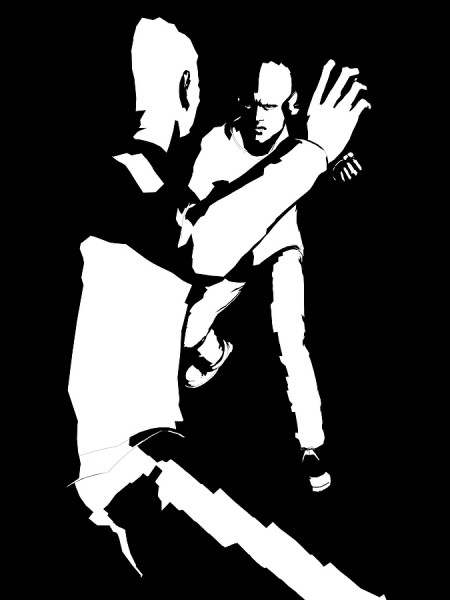Who Not to Be in an Online Community

The “big three” (LinkedIn, Facebook, and Twitter) have almost taken over the Internet with their popularity. These sites are so popular that they are considered always ways to communicate versus being just websites. However, their massive popularity hasn’t decreased the value of niche online communities for business. They have in fact promoted sub-cultures and sub-communities within themselves (think public Facebook pages and LinkedIn groups.) If you have focused your energy on getting a social media presence, versus developing your real participation in a community of your real interest, now’s the time to start.
Participating in any online community can be hard to do right. A lot of times, your end goal is selfish: maybe you want to recruit marketing professionals, so you spam the forum of CMO.com, or you want to reach project managers, so you blast ProjectManagers.net. Maybe you want to reach virtualization experts, so you throw a ton of discussions up on a LinkedIn group for virtualization & cloud computing.
Your actions are understandable – you just want to talk to people about your great opportunity. You’re potentially helping someone – and that’s what these online community sites are for, right? Professional networking and all that stuff?
The problem is that it’s easy to not behave in an online community. They aren’t anonymous (usually), but we aren’t confronted with real life people. It’s easy to be self-serving, opinionated, and perceived as shallow. The issue is that these identities that we create for ourselves are permanent. The importance of our online identity is getting more important every day to our professional success. We have to remember to be ourselves, not someone else, in every avenue of life, including online communities.
Every online community has their own cast of characters – some of them good, others… not so much. There is a real pattern to it: communities develop the personalities of their participants, and identities are shaped because of it. Make sure that you use online communities to be yourself and reflect the best parts of yourself.
Don’t become one of these characters!
- The brawler: Takes issue with everybody. Gets personal. Uses real life knowledge about people to attack them online.
- The cop: Thinks they are there to police the community. Reports infractions. Asks for special privileged from the site owner. Calls people out on every infraction of the rules. Brings up real life legal consequences of silly online discussions.
- The snake oil salesman: Sells and promotes themselves online, but in a sneaky way. Answers every question by turning it into a promotional opportunity. Never says anything helpful. Never says anything that isn’t promotional.
- The drunk: Says things that they would never say in real life about themselves and others. Tells long winded stories about themselves. Their trials and problems are aired for the community.
- The gossip: Brings up things said in a personal context in an online community. Talks about what people said and how they said it. Quotes you on social media without asking. Takes what you say about ideas and turns it into statements about individuals.
- The town crier: Ok, this is a stretch, but it’s easy to not only say the wrong things, but to just say too much and annoy people. Did you have to write 9 forum discussions? Did you have to pronounce yourself to be there and open to introduction 6 times? Do you stand in the proverbial street of the web, shouting until no one can hear themselves think?
Successfully working and networking within an online community takes time, patience, and a little bit of elbow grease. But they are a great way to establish yourself in a community that you are essentially not a part of in real life. If you think of yourself as a contributor, versus simply using the site for your own purposes, it’s possible to use these sites to develop stronger business relationships and a better professional reputation.
If you try to just be yourself, as in real life, you’ll win friends, establish your identity, and maybe develop some new business. An online community is, in the end, another vehicle for your personal expression – make sure that it’s what you want other people to see.

